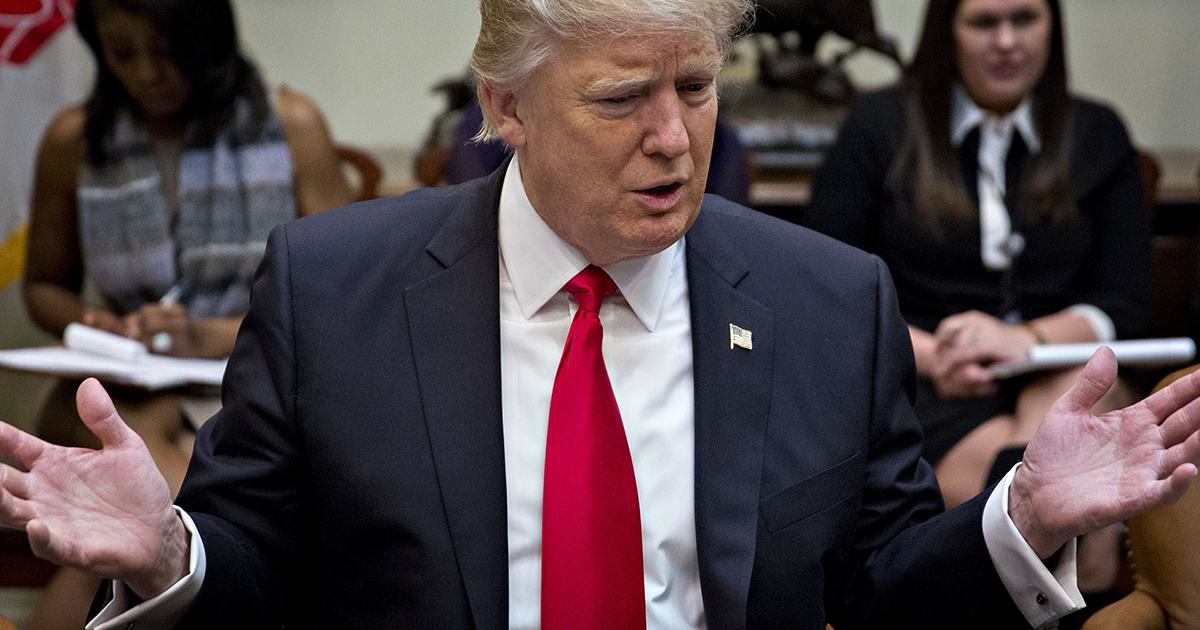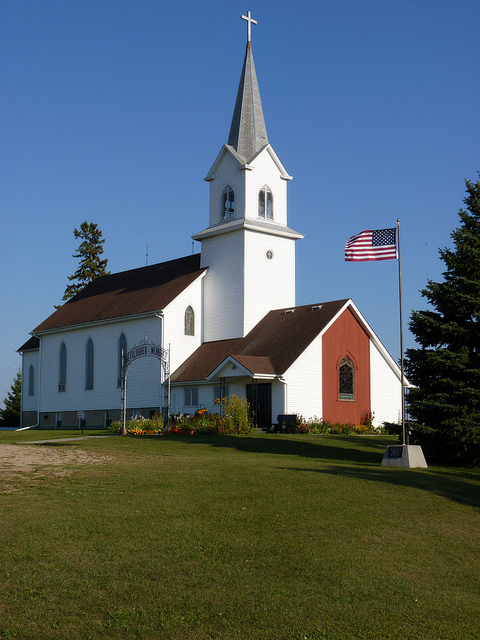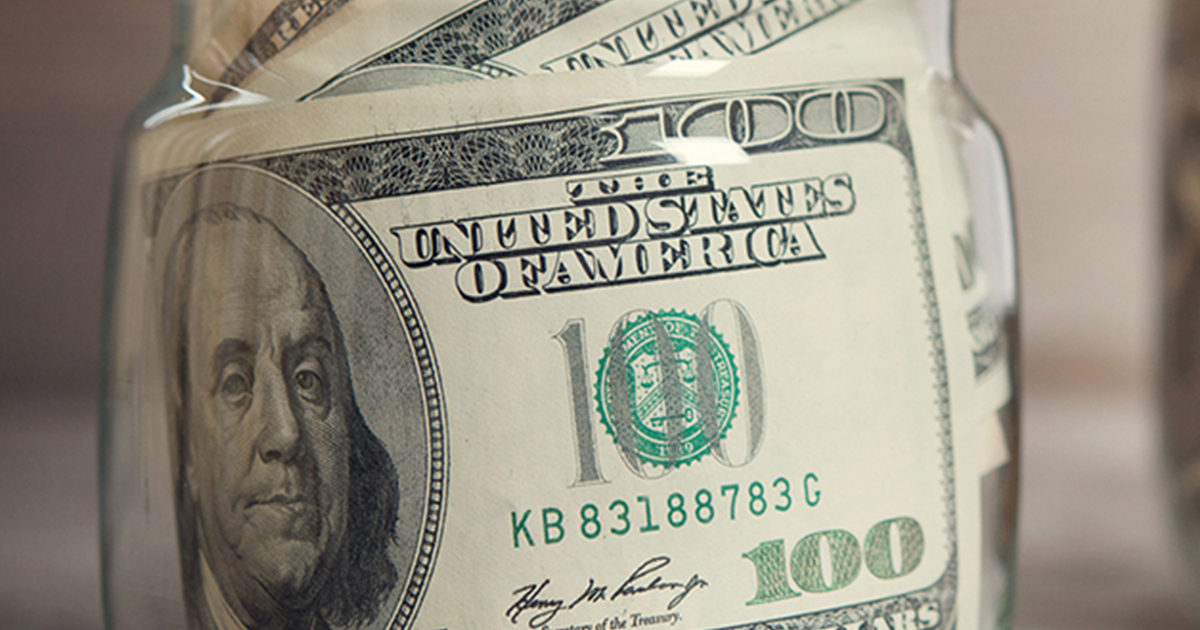What Could Happen If President Trump Repeals the Johnson Amendment

By:
President Donald Trump pledged to "totally destroy" a federal tax provision that prohibits non-profit organizations, including churches, from participation in political campaigns or endorsing office seekers at risk of losing their tax-exempt status on Thursday at the National Prayer Breakfast in Washington, D.C.
 AP/Rex Features - apimages.com
AP/Rex Features - apimages.com
The Johnson Amendment — which was written into U.S. tax code after being introduced by then-Senator Lyndon B. Johnson in 1954 — represents one of the clearest legislative examples of the separation of church and state in the country. Opponents have argued that the amendment hinders free speech, but the prospect of its repeal has raised questions about how it could impact campaign finance, as this post from Twitter user Eric Schmeltzer points out:
Trump argued on the presidential campaign trail that religious organizations "have much to contribute to our politics" and that the amendment "prevents [church members] from speaking your minds from your own pulpits." Some critics of the amendment worry that permitting tax-exempt institutions to enter the political arena could enable churches to serve as tax-free political campaign operations.
Schmeltzer wrote that churches could begin to release campaign ads, and church members could contribute to political candidates and "write it off on their taxes," for example. Tax-exempt organizations also follow a different set of rules on reporting contributions; though they must keep written records of donations to verify that donors' tax write-offs are valid, they're not required to disclose the contributor's information, according to the Internal Revenue Service (IRS).
 Flickr/Marie Loughin - flic.kr
Flickr/Marie Loughin - flic.kr
In spite of these concerns, the restrictions on political engagement by religious organizations under the Johnson Amendment has been criticized by members of a wide range of religious denominations, who contend that churches should be able to freely participate in politics and promote issues and candidates that represent the views of their membership. Churches have always played a nonpartisan role in politics, helping to transport voters to polling stations during elections.
Democratic and Republican churchgoers, alike, could leverage a repeal to advocate for their respective issues.
 Bigstock/szefei - bigstockphoto.com
Bigstock/szefei - bigstockphoto.com
As it stands today, the Johnson Amendment is routinely defied. Church leaders have publicly endorsed presidential candidates, including Trump and former Secretary of State Hillary Clinton during the 2016 election. Allowing churches to express political opinions isn't the main concern, though, according to Alan Brownstein, a law professor at the University of California, Davis.
"Pastors can say whatever they want, as can anyone else," Browstein told The Atlantic in August. "The question is whether a tax-exempt institution can say whatever it wants and retain its tax-exempt status, and whether the pastor as an official can use his or her position in the tax-exempt institution to engage in electioneering."
